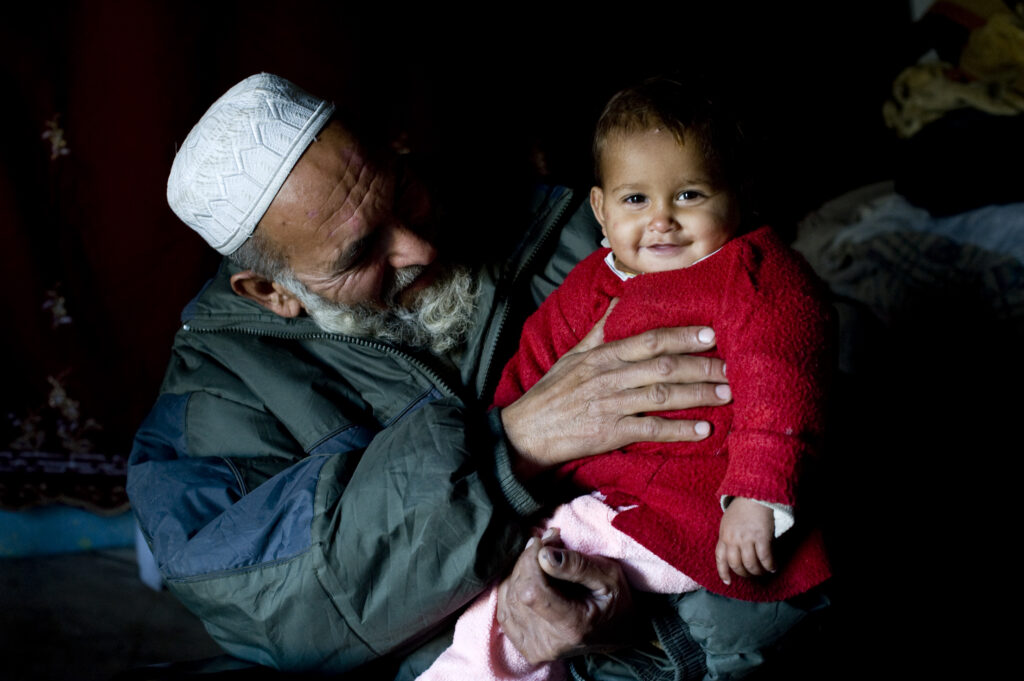Research Focus
The Forced Migration Initiative (FMI) seeks to lead and coordinate research, education, and training in the multifaceted field of forced migration. Forced migration can occur due to human-made disasters (e.g., war and conflict), natural disasters, or climate change. As of the end of 2024, there was an estimated 123.2 million forcibly displaced people worldwide.
In the mental health literature, the focus has mainly been on people who experienced forced migration themselves, while there seems to be a gap in research focusing on second-generation forcibly displaced people. Considering that we are living in a time when 1 in every 67 people has been forced to flee their home, there is a need to investigate the factors impacting individuals who were born and live in host communities as refugees, asylum seekers, people under international protection, or internally displaced persons due to natural or human-made disasters.
In the summer of 2026, our research team will conduct a systematic review on the determinants of mental health among second-generation forcibly displaced people. The aim is to work as a team to identify major themes in the literature regarding the mental health of second-generation forcibly displaced people and to write an academic systematic review so that this foundation of knowledge can guide further research and policy efforts.
The students involved in the project will have the chance to gain hands-on learning experience and receive training and mentorship on conducting systematic literature reviews, which will help them strengthen their academic skills and academic writing.
Skills, Techniques, Methods
- Ability to meet deadlines and communicate clearly.
- Openness to learning systematic review methodology (training can be provided).
- Strong attention to detail and reliability.
- Ability to use tools like Zotero, EndNote, or Mendeley and work on shared drives (e.g., OneDrive, Google Drive, Box) and contribute to living documents.
- Ability to search academic databases (e.g., PubMed, PsycINFO, Scopus, Web of Science) using structured search strategies.
- Attention to detail in coding and extracting relevant study information (e.g., sample characteristics, outcomes, methods).
- Basic understanding of assessing study quality or willingness to learn tools like Covidence.
Research Conditions
Students will be working in a collaborative and flexible research environment throughout the summer. Most work will be conducted remotely with regular online team meetings (via Zoom once a week) to coordinate tasks and share progress. Shared workspace will be available through arrangements with the Brown School.
Team Structure and Opportunities
Students will be paired with a PhD student for mentorship, whom they will meet weekly. Dr. Naseh will also provide guidance and mentorship through monthly meetings. Information about the structure of the research team is available on the Forced Migration Initiative Website. Depending on the intern’s performance and level of contribution, there may be an opportunity to be included as a co-author on any resulting publication from the project.
Requirements
There are no specific courses required. However, the students must have a strong interest in the topics of forced migration and social sciences. They are expected to be reliabile, punctual, and attend to detail. Having basic research skills (e.g., literature search, note-taking, or willingness to learn systematic review methods) would be helpful, but training on the methods of systematic review and using data synthesis software programs will be provided. Strong communication skills, the ability to meet deadlines, and openness to collaborative teamwork are also important.

Mitra Naseh
naseh@wustl.edu
